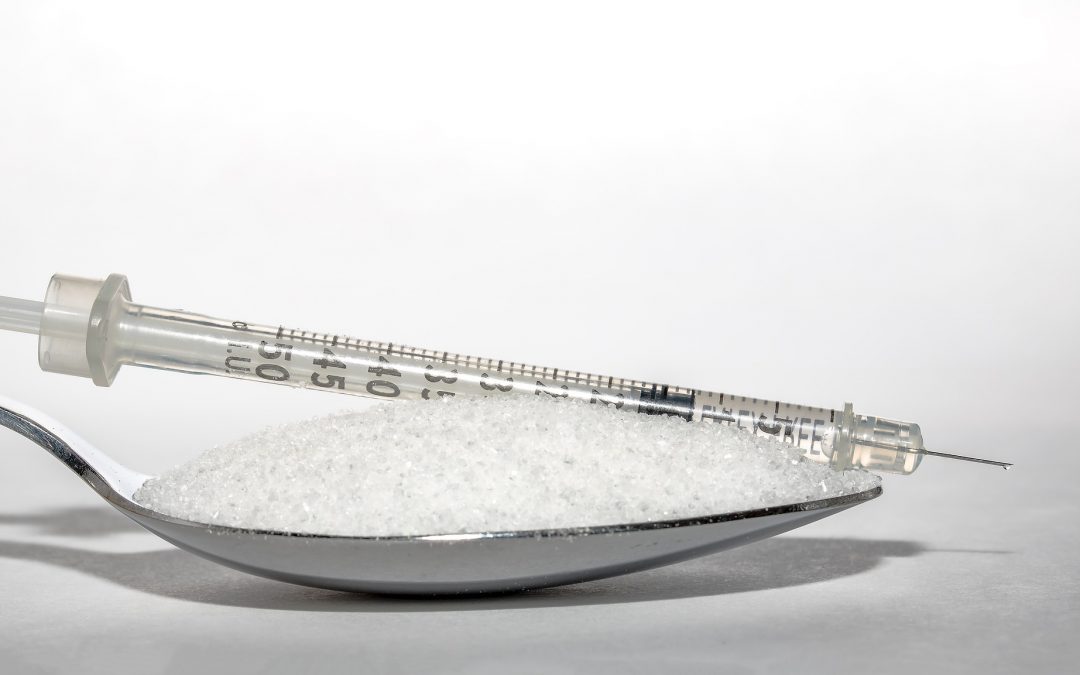Author: Prof. David Tanne; Sackler faculty of Medicine, Tel-Aviv University
What is Diabetes
Insulin is a hormone made in the pancreas that helps move glucose from the food you eat to your body’s cells. It helps glucose to enter the cells in your body so it can be used as energy. Diabetes develops when your body isn’t able to produce insulin, or when your body does not effectively use the insulin that it does produce. This causes glucose to build up in your bloodstream. There are two main types of diabetes: Type 1 develops usually during childhood or when your body stops producing insulin. Type 2 diabetes develops when your body does not effectively use the insulin that is produced. This type of diabetes is much more common- 90% of people with diabetes have type 2. It tends to develop gradually, usually in adulthood. Prediabetes is characterized by the presence of blood glucose levels that are higher than normal but not yet high enough to be classed as diabetes.
Diabetes and the Risk of Stroke
Diabetes about doubles your risk of having a stroke. This is because high levels of sugar in your blood can damage your blood vessels, making them harder and narrower and more likely to become blocked. If this happens in a blood vessel leading to your brain it could cause a stroke. People with diabetes often have a number of other risk factors. These include being overweight (especially if the excess fat is around the waist), being physically inactive, and having high blood pressure and high blood lipids. People who smoke or have a family history of heart disease or stroke are at even higher risk. People with diabetes also tend to develop heart disease or have strokes at an earlier age than people without diabetes and to have accelerated cognitive decline. Not only people with diabetes but even those having prediabetes are at increased risk of stroke.
Preventing Stroke in People with Diabetes
The good news is that people with prediabetes and diabetes can lower their risk of stroke by paying careful attention to all of their risk factors. Changes in lifestyle decrease the risk of stroke. One of the best things you can do for your brain, diabetes and overall health is to keep a healthy lifestyle. A few examples include exercising regularly, keeping a healthy diet, avoiding overweight or obesity, avoiding or quitting smoking and reducing stress. Achieving adequate control of your blood pressure, cholesterol levels and diabetes together with your doctor and certain diabetic medications can also reduce your risk of having a stroke. Ask your doctor for your test results and work closely with him or her to achieve your targets. Don’t be afraid to ask questions about your medications or healthy behavior changes.


